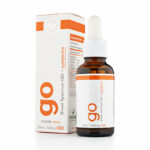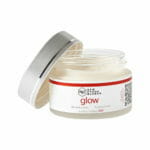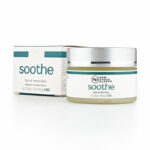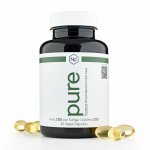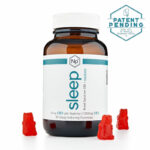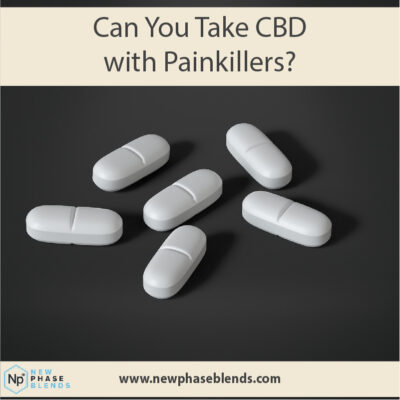Millions of people are turning to CBD for natural pain relief, but a critical question emerges when you’re already managing pain with traditional medications: Can you safely take CBD with pain killers? This question isn’t just about convenience—it’s about your health and safety.
As interest in combining CBD and medicine grows, understanding potential interactions becomes essential for anyone seeking comprehensive pain management. Whether you’re considering CBD as a supplement to your current pain medication regimen or exploring alternatives to reduce your reliance on traditional painkillers, this guide provides the evidence-based information you need.
We’ll explore the scientific research on CBD-painkiller interactions, examine specific medication categories, and provide practical guidance for making informed decisions about your pain management approach. By the end of this article, you’ll understand when it might be safe to mix CBD and medicine, what precautions to take, and how to work with your healthcare provider to optimize your pain management strategy.
Understanding CBD and How It Interacts with Your Body
CBD (cannabidiol) affects your body through multiple pathways, most notably the endocannabinoid system, which plays a role in pain perception, inflammation, and mood regulation. However, CBD’s interaction with your liver’s metabolic processes is what creates potential concerns when combining it with pain medications.
The liver uses specific enzymes called cytochrome P450 (CYP) enzymes to break down both CBD and many pain medications. CBD is thought to inhibit metabolic pathways, which can make your blood levels of other drugs rise. This means CBD can potentially slow down how quickly your body processes certain pain medications, leading to higher-than-expected drug levels in your system.
This metabolic interaction doesn’t occur with all medications, but it’s particularly relevant for pain killers that rely on the same liver enzymes for processing. Understanding this basic mechanism helps explain why timing, dosage, and the specific type of pain medication matter when considering CBD use.
The Grapefruit Test: A Simple Safety Screening Tool
Before diving into specific pain medication categories, there’s a practical screening method that can help guide your decisions. Avoid CBD if your medications have a grapefruit warning on the label. This warning exists because grapefruit affects the same liver enzymes that CBD impacts.
Medications with grapefruit warnings typically include certain blood thinners, some heart medications, and specific prescription pain medications. If your pain killer has this warning, CBD could potentially cause similar interactions, altering how your medication works in your body.
This simple check can serve as your first line of screening, though it shouldn’t replace professional medical advice. Always examine your medication labels and packaging for any grapefruit warnings before considering CBD use.
Opioid Pain Medications and CBD: Understanding the Risks
When it comes to prescription opioid pain medications, the interaction with CBD requires careful consideration. CBD can decrease the metabolism of morphine, which may lead to increased blood levels and side effects of morphine. This applies to other opioid medications as well, including oxycodone, hydrocodone, and fentanyl-based prescriptions.
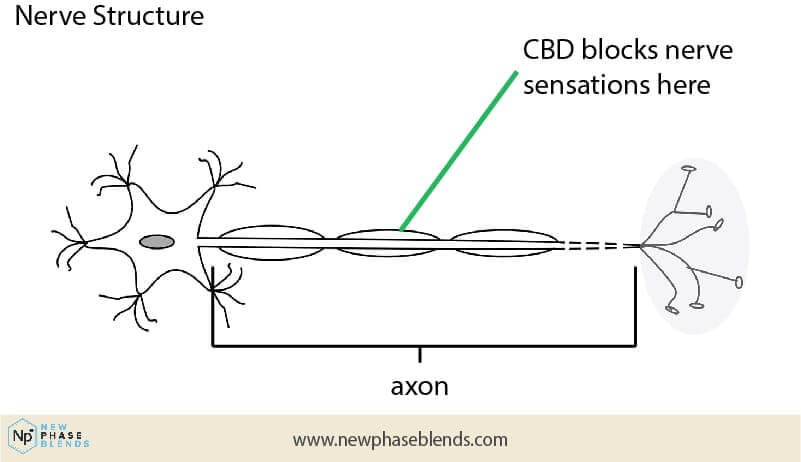
Both CBD and opioids can cause similar side effects in your central nervous system. CBD and opioids also share similar CNS side effects, including drowsiness, sedation, fatigue, and lethargy. When combined, these effects can become amplified, potentially leading to dangerous levels of sedation.
For individuals managing severe chronic pain with opioid medications, the decision to add CBD requires weighing potential benefits against increased risks. Some patients find that CBD allows them to reduce their opioid dosage over time, but this process must be carefully managed by a healthcare provider to avoid withdrawal symptoms or inadequate pain control.
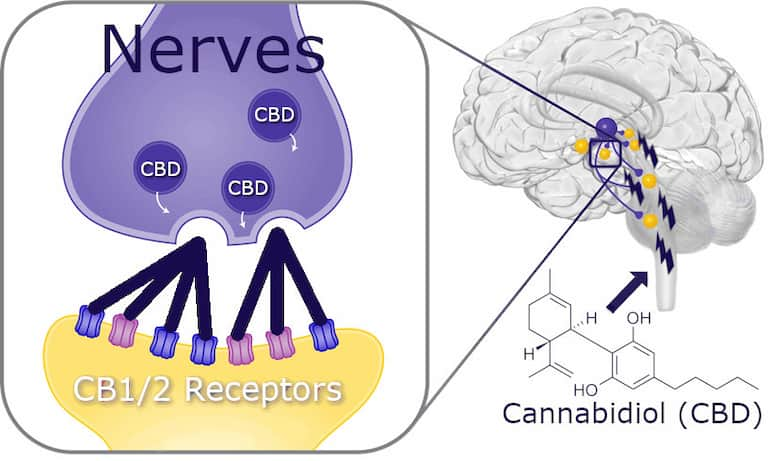
The timing of CBD and opioid use also matters. Taking them simultaneously may increase interaction risks, while spacing them several hours apart might reduce some concerns, though this doesn’t eliminate all risks.
Over-the-Counter Pain Relievers: NSAIDs and Acetaminophen
Non-prescription pain relievers present their own unique interaction profiles with CBD. The research on these combinations is still developing, but several important considerations have emerged.
NSAIDs (Ibuprofen, Naproxen, Aspirin)
Some drugs that could possibly interact with CBD include over-the-counter drugs, such as ibuprofen (Advil), naproxen (Aleve). The concern centers around how CBD might affect the metabolism of these medications and their potential combined effects on your liver and kidneys.
NSAIDs like Aleeve and high doses of CBD have been associated with problems with the liver. While individual use of either substance might be well-tolerated, combining them could potentially increase liver stress, particularly at higher doses or with prolonged use.
Research suggests that CBD can increase the duration and strength of ibuprofen, thereby increasing the risk of adverse side effects. This means that your usual ibuprofen dose might become more potent when combined with CBD, potentially leading to stomach irritation, kidney stress, or other NSAID-related side effects.
Acetaminophen (Tylenol)
The interaction between CBD and acetaminophen has shown concerning results in animal studies. Co-administration of CBD with acetaminophen resulted in 37.5% mortality associated with liver injury in laboratory studies, though these used doses much higher than typical human consumption.
Many nonprescription drugs, such as acetaminophen (Tylenol), have this same effect of potentially causing liver-related blood test abnormalities when combined with high-dose CBD. This shared impact on liver function creates additional concern when the substances are used together.
Factors That Influence CBD-Pain Medication Interactions
Several variables affect how CBD might interact with your pain medications, making personalized assessment crucial for safety.
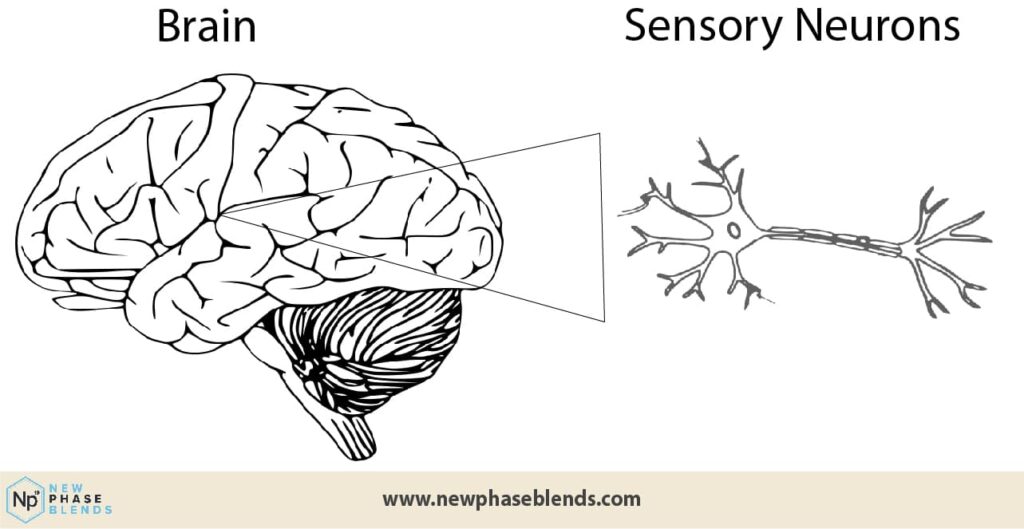
Dosage Considerations
The amount of CBD you use significantly impacts interaction potential. Lower doses may have minimal effects on drug metabolism, while higher therapeutic doses are more likely to cause clinically significant interactions. Most concerning interactions occur with CBD doses above 20mg per kilogram of body weight, though individual sensitivity varies.
CBD Products for Sale by New Phase Blends
Type: CBD oil for energy
CBD: 16mg per serving
Features: Synephrine and CBD blend for energy & focus enhancement
Type: CBD Acne Cream
CBD: 1000mg per 1oz jar
Features: Salicylic acid and CBD blend to stop acne
Type: High strength CBD balm
CBD: 1000mg or 2000mg
Features: Free shipping, money back guarantee
Type: CBD Starter Kit Bundle
Includes: Tincture, Balm, and Gummies
Features: You create your own kit with your custom product choices
Type: Pure CBD Softgel Capsules (Vegan)
CBD: 40mg per Capsule
Features: Free Shipping, Money Back Guarantee
Type: CBD gummies for sleep
CBD: 45mg per gummy
Features: Free Shipping, Money Back Guarantee
Type: CBD Oil For Sleep
CBD: 66mg per serving
Features: Free shipping, money back guarantee
Your pain medication dosage also matters. Someone taking maximum daily doses of ibuprofen faces different risks than someone using occasional low doses for minor aches.
Timing and Spacing
When you take CBD relative to your pain medications can influence interaction severity. Taking them simultaneously maximizes potential interactions, while spacing them several hours apart may reduce some risks by allowing partial metabolism of one substance before introducing the other.
Individual Metabolic Differences
Genetic variations in liver enzyme function mean people process medications differently. Some individuals are naturally fast metabolizers who break down drugs quickly, while others are slow metabolizers. These differences affect both how your body handles CBD and how it processes pain medications.
Product Quality and Composition
Full-spectrum CBD products containing THC and other cannabinoids may interact differently than CBD isolate products. The additional compounds can influence how your body processes the CBD and may create their own interaction potential.
Creating a Safe Approach to CBD and Pain Medication Use
If you’re considering using CBD alongside pain medications, a systematic approach helps maximize safety while preserving the potential benefits of both treatments.
Start with Professional Consultation
Begin by discussing your interest in CBD with the healthcare provider who prescribed your pain medications. They can review your specific medications, assess your individual risk factors, and help determine whether CBD might be appropriate for your situation.
Bring a complete list of all medications, supplements, and health conditions to this discussion. Include information about the specific CBD product you’re considering, including its potency, ingredients, and intended dosage.
Implement Gradual Introduction
If your healthcare provider determines CBD might be appropriate, start with the lowest possible dose and gradually increase while monitoring for any changes in how you feel or how your pain medications seem to work.
Keep a detailed journal tracking your pain levels, medication effectiveness, side effects, and any changes you notice. This documentation helps you and your healthcare provider assess whether the combination is working safely and effectively.
Monitor for Warning Signs
Be alert for signs that might indicate problematic interactions. These include unusual drowsiness or sedation, changes in pain medication effectiveness, new or worsening side effects, or any symptoms that seem different from your normal medication response.
Liver-related symptoms like unusual fatigue, loss of appetite, nausea, or yellowing of skin or eyes require immediate medical attention, especially when combining substances that can affect liver function.
Alternative Strategies for Enhanced Pain Management
Rather than combining CBD with existing pain medications, consider alternative approaches that might achieve your pain management goals with reduced interaction risks.
Sequential Treatment Approach
Some individuals find success using CBD during certain parts of the day and traditional pain medications at other times. For example, using CBD for daytime pain management and prescription medications for nighttime pain relief, or vice versa.
This approach requires careful timing and coordination with your healthcare provider to ensure continuous pain coverage without gaps that could lead to breakthrough pain.
CBD as a Reduction Strategy
Under medical supervision, some patients use CBD to help gradually reduce their reliance on traditional pain medications. This process requires careful dose adjustments and monitoring to prevent withdrawal symptoms while maintaining adequate pain control.
Topical CBD Applications
Topical CBD products like creams, balms, and patches may offer localized pain relief with reduced systemic absorption, potentially lowering interaction risks with oral medications. While some CBD still enters your bloodstream through topical application, the amounts are typically much lower than with oral use.
Making Informed Decisions About Your Pain Management
The decision to take CBD with pain killers isn’t one-size-fits-all. Your individual circumstances, including your specific medications, health conditions, pain severity, and treatment goals, all influence what approach might be safest and most effective for you.
People with severe chronic pain should weigh the benefits of any treatment combination carefully against potential risks. This decision-making process benefits from open communication with healthcare providers who understand both your medical history and the current research on CBD interactions.
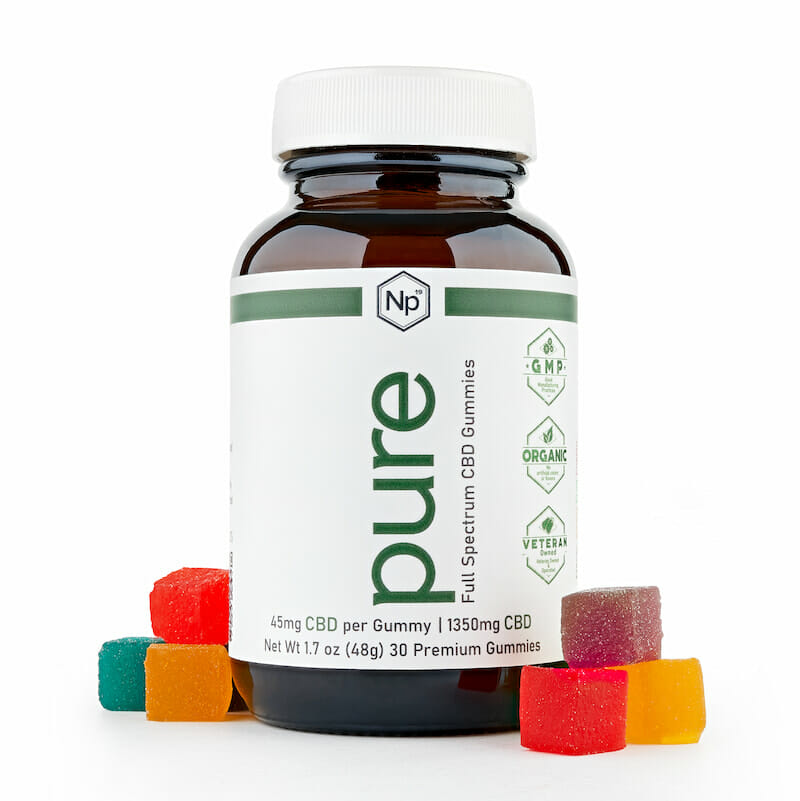
Remember that the research on CBD-medication interactions continues to evolve. What we know today may be refined or expanded as more studies are completed. Staying informed about new research and maintaining regular communication with your healthcare team helps ensure your pain management strategy remains both safe and effective.
The goal isn’t to avoid all potential risks, but to make informed decisions that optimize your pain relief while minimizing unnecessary dangers. With proper guidance, monitoring, and gradual implementation, some individuals may safely incorporate CBD into their comprehensive pain management approach.



